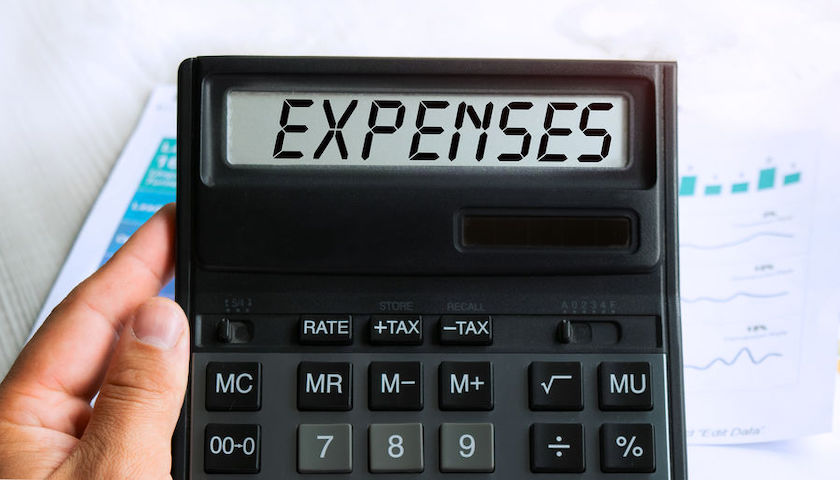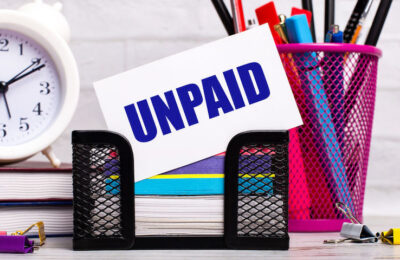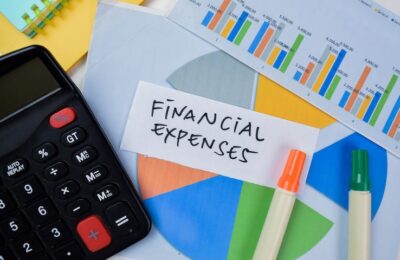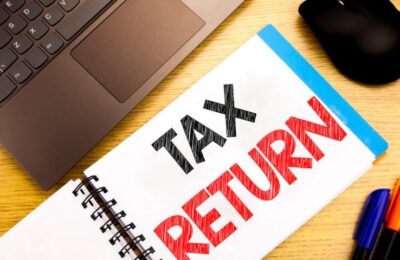If you’re an employee, you may need to spend your own money on things you need for your job. In many cases, your employer will reimburse you for this expenditure. However, fewer people realise that HMRC allows you to claim tax relief on certain allowable expenses for employees. In this post, we look at what you can claim – and how you can get your money back. You can claim back all the expenses in the article for this tax year and the previous four tax years.
Working from home
HMRC has recently tightened the criteria for its working from home tax relief. We have written about these changes in detail, but essentially you’re eligible if:
- The circumstances of your job mean you live a long way from your office
- Your employer doesn’t have an office
The duties you perform at home also have to be ‘substantive’. You’re not eligible for tax relief if you simply choose to work from home. This includes having a contract that allows home-working.
If you are eligible, there are two ways you can claim tax relief. You can either:
- Claim a flat rate of £6 per week.
- Claim the exact costs you’ve incurred. To do this you’ll need evidence such as bills and receipts.
If you take the latter route, you can only claim for things that are exclusively to do with your work. These might include business phone calls or the electricity you use for your home-working area. Things that you use for both work and personal uses – broadband is a good example – are not considered to be allowable expenses for employees.
You don’t need to fill in a Self-assessment Tax Return to claim tax relief for working from home. Instead you simply need to fill in this online form.
It’s important to note that some employers will pay you for home expenses directly. You’ll normally get the flat rate of £6 per week. If you get this payment from your employer, you can’t claim it again from HMRC.
Uniforms, work clothes and tools
If you have a uniform required for your occupation, you may be able to claim tax relief for cleaning, replacing and repairing it. Examples of qualifying uniforms are those worn by the emergency services, air and cabin crew, healthcare workers and prison officers. In a nutshell, if someone could easily recognise your employer from your uniform, it’s likely to qualify.
In addition to uniforms, you may be able to claim for specialist clothing. This includes items like safety boots and overalls. However, you can’t claim tax relief for PPE. Your employer should give this to you for free or reimburse you.
To get a tax rebate for your uniform or specialist clothing, you must also:
- Be required to wear it while working on one or more days during the tax year
- Have to buy, clean, repair or replace it yourself. However, if your employer provides a laundering service or pays you to clean your uniform, you can’t claim.
You can’t claim for the initial cost of the uniform and you can’t claim for cleaning, repairing or replacing normal everyday clothing.
In addition to clothing, you may be able to claim relief on the cost of small tools you need to do your job. These are items that are likely to last less than two years.
To claim for either clothing or tools, you can keep receipts and claim the amount you’ve spent. Alternatively, your job may have a flat rate expense. You can check here. You can claim online here.
Note that the uniform rebate does not cover members of the armed forces. Maintenance costs for their uniforms are dealt with via their tax code.
Professional fees and subscriptions
Professional fees and subscriptions are allowable expenses for employees. You can claim professional membership fees if you need to do so in order to do your job. In addition, you can also claim back subscriptions to certain professional bodies or learned societies, as long as membership is relevant to your work. You can find a list of approved organisations here and you can claim here.
Travel and associated expenses
If you have to travel for work, you may be able to claim tax relief on your expenses. You must travel for work purposes – you can’t claim for commuting to work unless it’s a temporary workplace.
Items you may be able to claim include:
- Accommodation
- Food and drink
- Parking fees / congestion charges / tolls
- Public transport costs
- Business phone calls
You may also be able to claim mileage if you use your own car.
Vehicles and mileage
If you travel for business (excluding commuting), you may be able to claim mileage (not separately for items like fuel, repairs and MOTs). If you use your own car, van, motorcycle or bicycle, you can claim the following mileage rates.
| First 10,000 business miles | Subsequent miles | |
| Cars / vans | 45p | 25p |
| Motorcycles | 24p | 24p |
| Bicycles | 20p | 20p |
That said, if you’re traveling over 10,000 business miles by bicycle, you probably don’t have much time left over for working!
If you use a company car, you can claim tax relief on business trips. You need to keep records of what you spend on fuel or electricity. If your employer contributes, you need to subtract that amount before claiming relief.
You can claim business travel expenses here.
Equipment qualifying as allowable expenses for employees
If you have to buy substantial equipment such as a desktop or laptop computer, you may be able to claim tax relief. This is because you have an annual investment allowance.
You can claim relief if you need the equipment to do your job and you don’t use it privately in any significant way. If your employer contributes towards the equipment, you deduct this from the amount you spent before claiming tax relief.
Allowable expenses for employees – summary
As you’ve seen, there are many different allowable expenses for employees. You can claim them online without having to complete a tax return.
Allowable expenses range from a working-from-home allowance to business travel and the costs of cleaning and maintaining uniforms. In some cases, employers will reimburse you for these costs in full or in part. If this is the case, you generally need to deduct these contributions before claiming any tax relief.
If you are an employer and you’d like advice on how best to handle allowable expenses for employees, please get in touch. One of our accountants would be delighted to help you.
About Karen Jones
Having worked for one of the world’s largest accountancy firms, Karen Jones uses her tax knowledge and skills to help clients obtain substantial reductions to their tax liabilities.
With an expanding portfolio of tax clients, Karen enjoys the variety her work brings her and particularly likes working with new businesses and people. With a growing number of tax clients, she frequently faces a variety of challenges and relishes the experience she gains as she solves them.
Karen likes the THP ethos: “I like the way the team has a professional, but friendly and down-to-earth approach – it creates a productive atmosphere that benefits everyone.”
Karen’s specialist skills:
- Personal Taxation
- Tax Efficient Planning
- Trust Administration












